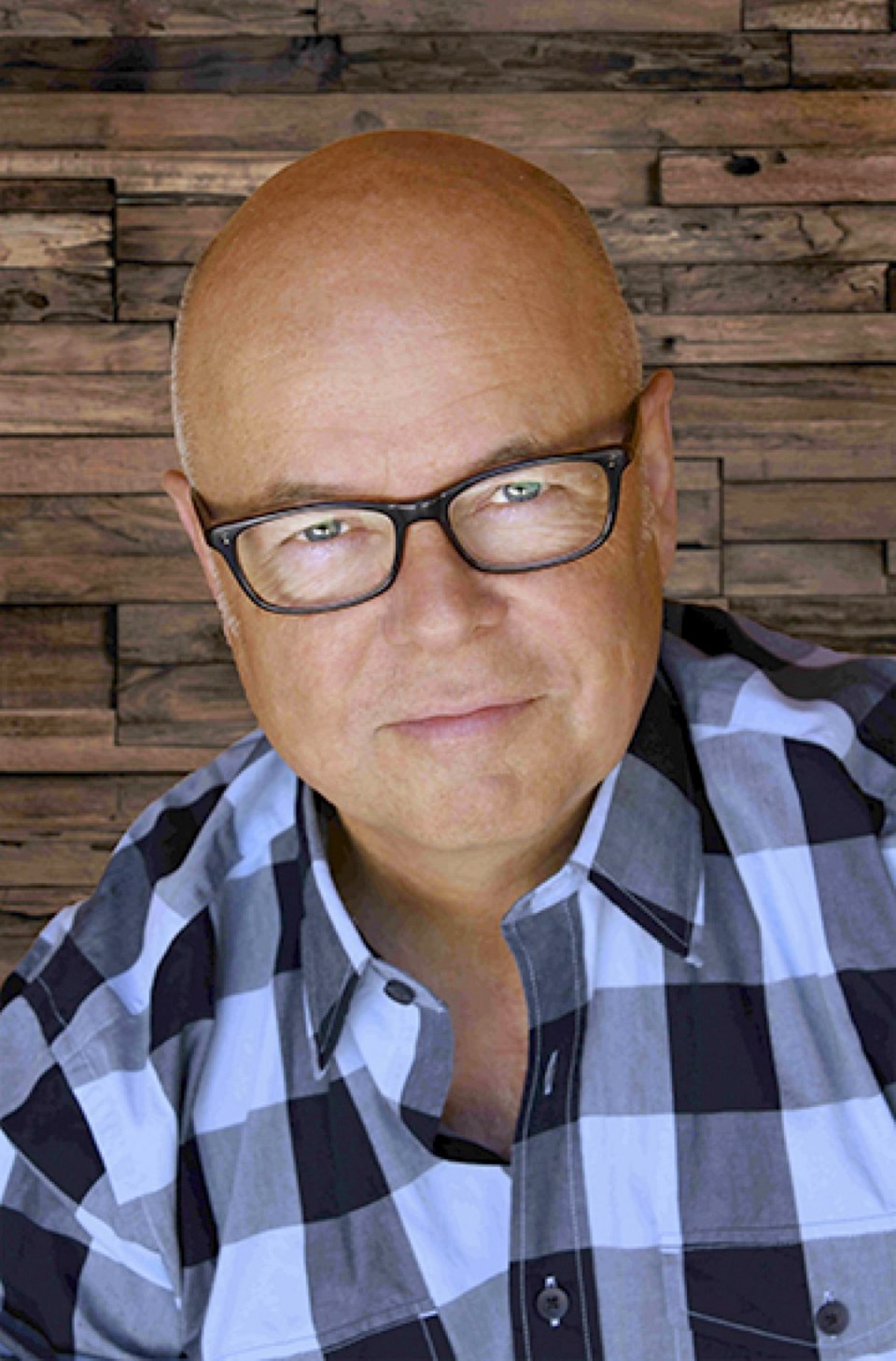PREVIEW
What: Terry O’Reilly reading/talk
Where: Bolen Books
When: Tonight, 7 p.m.
Admission: Free
Here’s a tip from Canada’s top ad-man on how to sell your product: Tell a story.
Tonight, Terry O’Reilly, a CBC Radio personality with a 30-year-plus career in advertising, will visit Bolen Books. He’ll speak and read from his new book, This I Know — Marketing Lessons from Under the Influence.
O’Reilly says it cannot be overemphasized how much consumers love a good yarn. In his book, he tells of an experiment undertaken by an American journalist. The reporter bought an assortment of thrift-store items, including a red wooden mallet, then posted them for sale on eBay.
What made the ads stand out were the stories concocted for each object. For instance, the ad for the mallet was accompanied by a tongue-in-cheek tale about a rupture in “the very fabric of time and space” that was supposed to materialize above a restaurant. Anyone who purchased the mallet would be able to enter the cosmic rift and “become the supreme ruler of the universe.”
Crazy, right?
“The thing sold for $71. He bought it for like 33 cents. That’s the story of storytelling in marketing,” O’Reilly told the Times Colonist.
The grab-bag of junk items was purchased for $128.74 and sold for $3,612.51. That’s the power of savvy advertising.
O’Reilly has a national following, thanks to such CBC Radio shows as O’Reilly on Advertising, The Age of Persuasion and his latest series, Under the Influence. He has won hundreds of international advertising awards and was the co-founder of Pirate Radio and Television, based in Toronto and New York. These days, O’Reilly lives north of Toronto in the country (“My neighbours are cows”). He sold his interest in his production company four years ago. Now he focuses on creating Under the Influence — which examines marketing practices in the past and present — as well as giving talks to advertising organizations.
O’Reilly says This I Know is a marketing book aimed to help out the little guy — small business owners and entrepreneurs.
“They don’t have big budgets and they don’t have a big advertising agency on speed dial,” he said.
Here’s another O’Reilly nugget of marketing wisdom: Businesses must realize that people aren’t buying their product. Rather, they’re “buying the benefit of the product, the solution that it provides them.”
Here’s an example: Everyone knows Michelin sells tires. However, O’Reilly says what the company is really selling is safety. That’s why Michelin’s longtime slogan — “Because so much is riding on your tires” — worked so well.
Other examples: Molson isn’t in the beer business; it’s in the party business (it’s no accident Molson commercials portray people having fun in party settings). And Starbucks isn’t really in the coffee business, it’s in “the coffee theatre” business. People aren’t buying coffee so much as an experience with baristas, fancy beverage names and cool-looking machinery.
In This I Know, O’Reilly stresses the importance of superior customer service as a marketing tool. He likes telling the story of a department store that helped out a newly widowed customer. She needed clothing for her husband’s funeral. So they couriered over five black dresses and told her to send back the ones she didn’t need.
O’Reilly first heard this story at a marketing conference in Dallas. When the speaker asked the crowd what department store they thought it was, everyone yelled: “Nordstrom!” The point was that the company had established such a stellar reputation with its customers, its name had become synonymous with good service.
Quizzed on common marketing mistakes, O’Reilly said small businesses too often display a lack of consistency. It’s OK for a company to have variety in its ads. However, all such messages should “feel like they’re coming from the same place,” rather than seeming disconnected.
Another stumbling point for both small and big businesses is being overly cautious.
“They’re not bold enough,” O’Reilly said. “They do really safe, boring, predictable work as opposed to being smart and taking the path less travelled and being surprising. I think surprise is one of the great tools of marketing.”
Even an advertising expert like O’Reilly is capable of making a bad call. He recalls being asked to create a television advertisement for Piat d’Or wine. O’Reilly and his team hatched what they thought was a creative concept, but the company “tore it apart.” Instead, Piat d’Or countered with a more mundane (and in O’Reilly’s opinion boring) narrative featuring a French woman.
O’Reilly was so annoyed, he refused to go to Paris for the shoot. Privately, he predicted the advertisement would be a complete waste of money.
“And do you know, they sell out of Piat d’Or wine every time that commercial airs,” he said with a chuckle.
